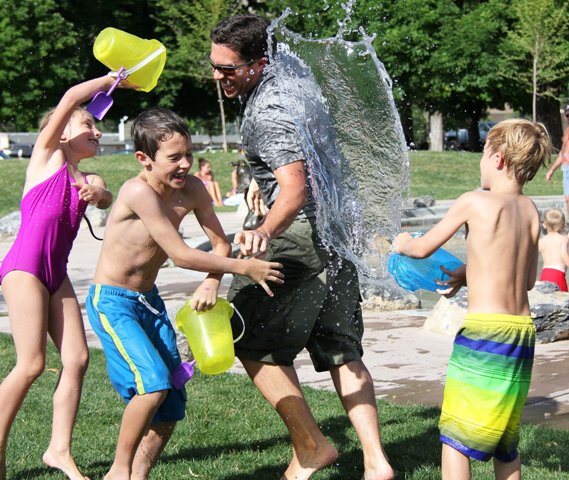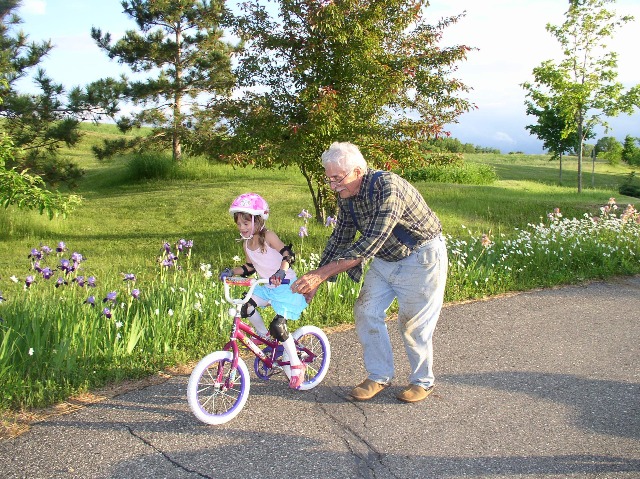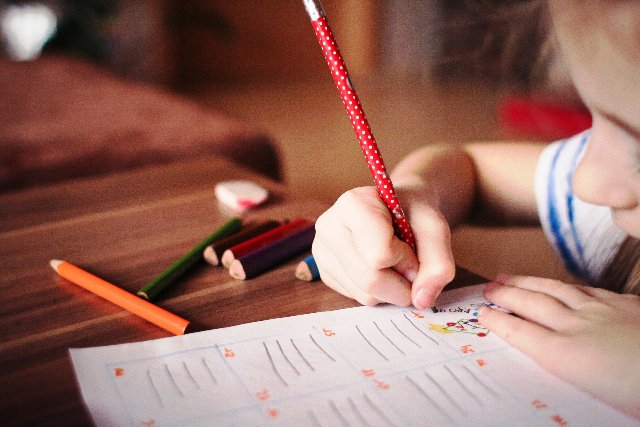Ask a homeschool parent if they socialize their kids, and you might get a role of the eyes, or a rather defensive commentary. It is hard to not get defensive when we work as hard as everyone else, at having well-rounded kids. We can have a child who is the captain of an elite soccer team, or one preparing to study abroad, yet we still can’t shake the ‘socialization’ issue.

Define Socialization
The simplistic definition of socialization means interacting with other human beings. The expanded version defines socialization as understanding and learning to navigate a society’s social norms and rules of behavior.
It is nearly impossible to go through life without human interaction. The expanded definition is where homeschoolers differ from other school-attending families. Instead of learning behavior and social norms within a school building, we socialize through community interactions. Neither method of socializing is wrong, they are just ‘different’.

Socializing in the Homeschooling World
The homeschooling world believes that socialization comes from family interactions, as well as a variety of age groups and settings. The belief that society encompasses all ages and not just one age group, means that children will be comfortable interacting with adults, as well as their own peers.
Homeschool Socialization Activities
To teach a child outside the classroom does not mean never leaving the house! Most of the time we must concentrate on getting school work finished because the options for ‘social activities’ are endless.
Homeschoolers actively join homeschool co-ops, field trip groups, study groups, they participate in sports, clubs, church, youth groups, and classes outside the home. There are also plenty of non-homeschool related activities within the community for kids from all realms of life. Our favorites are scouting and Special Olympics.
Real-life activities train children to be compassionate. Helping to feed Grandma at the nursing home or working with adults in the mission field provides a varied foundation. A trip to the grocery store covers real world math, when you work in fractions, pricing, cost comparison, and scanning. That, is socialization and homeschooling working together!

Prader-Willi Syndrome at Homeschool
Homeschooling allows me to educate my son, yet protect him from the wrong kind of socialization. By keeping my son out of the classroom, I have full control over food, parties, and negative socialization. Prader-Willi syndrome presents learning issues and dynamics that I can address at home, with the help of outside therapies. Because I don’t need to deal with the ‘social aspect’ of a food-oriented classroom, I can concentrate solely on education that incorporates seat-work, community activities, and travel. Finally, my biggest reason for homeschooling is our faith. In a society where Christianity is mocked and often unwelcome, I am free to teach life lessons based on what we believe.
Then and Now
I grew up in the public school system in the 1960’s and 1970s. The students who had it rough were those who bore the rejection label because they looked and dressed different. They were subjected to ridicule because they did not follow the social norms. The issues then, compared to now, was baby stuff. I inwardly cringe when a parent tells me that rejection, teasing, bullying, and the harshness of the pecking order is just part of socialization. It is not. It does nothing to build confidence nor does negative socialization set the tone for learning.

Where Should our Main Focus Be?
It bothers me when I hear parents say they send their child to school for socialization reasons, yet do not mention education. If the main focus is education then both words, socialization and education need to be used in the same sentence. Our objective is to give our children the best education possible in a way that fits the family and the child’s learning style. It doesn’t matter where it occurs.
By no means, do I claim that homeschooling is the answer for every family, just as classroom education is not a good fit for each student. I also do not mean to sound like negative socialization is prominent in every school. It is not, but it does exist and it happens to the children who are vulnerable and deemed ‘different’ by their peers.
Labeled for Being Different
Because homeschoolers choose a different educational path from the masses, we are classified as unsocialized. Being ‘different’ always seems to get labeled. However, regardless of the location, if students are exposed to healthy interactions, supportive assistance, and a well balanced education does it matter if it occurs in a classroom, at home, or on safari?
Check out our other homeschool related articles:
We Chose to Homeschool
To Homeschool or not to Homeschool
Extend your Homeschool Day, Without Teaching
Learning Beyond the Classroom
Have you signed up for our monthly newsletter? It is ‘monthly’ because we are too socially active to write more than one newsletter a month!


